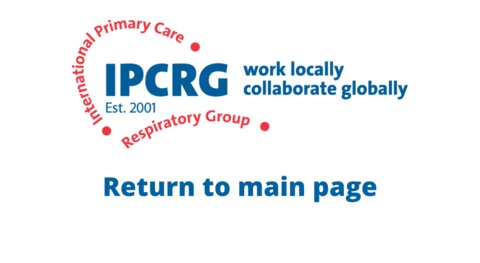What should we advise patients regarding fourth and subsequent SARS-CoV-2 vaccine doses?
What the research says:
SARS-CoV-2 vaccine effectiveness declines with time since primary vaccination as antibody levels decline (WHO 2021). As a result, the protection offered against severe COVID-19 illness decreases by ~8% over a period of six months; this decrease in protection is higher among those over 50 (~10%; WHO 2021). The degree of waning depends on the vaccine product, the population considered, the level of circulating virus and the predominant variants of concern, as well as the extent of prior infection in the community and primary vaccination schedule (dose interval). Loss of protection against symptomatic disease is higher, estimated at around ~32% in those >50 years; WHO 2021).
Third dose booster vaccination has been shown to be safe and to increase antibody levels (Munro et al 2021) and to reduce both the rate of infection and the rate of severe illness (Bar-On et al 2021). Data on the duration of protection from infection, symptomatic disease and severe illness following booster vaccination is currently limited. An early study of booster vaccination with the Pfizer BioNTech vaccine suggests a rapid decline in protection from infection with implications for ongoing community spread of the virus (Levine-Tiefenbrun et al 2021). Data on loss of protection against severe illness are lacking although studies are ongoing and early indications suggest this may be markedly slower than for protection against infection/mild COVID-19 illness.
The emergence of the more transmissible Omicron variant has prompted many countries to increase the rate and shorten the interval for booster vaccination as this variant becomes dominant. For example, a fourth dose booster for individuals at high risk for severe COVID-19 illness is now recommended in some countries. However, a clear evidence base to support a broad-based booster program is lacking. The WHO continues to recommend targeted booster (third dose) programs for those most at risk for severe illness, particularly in light of low primary vaccination rates in low income countries. In addition, the WHO continue to emphasise the need to focus of delivering primary vaccinations to the entire global adult population before extending booster vaccinations beyond high risk groups.
The effectiveness of current vaccines against severe COVID-19 illness caused by the Omicron variant remains under evaluation and it may be that alternative vaccines specific for this and any future variants will be needed. The WHO states that booster doses of current vaccines are not a viable long term solution and specific vaccines against specific SARS-CoV-2 variants will likely be needed.
What this means for your clinical practice:
• Patient groups at particularly high risk for severe COVID-19 illness, such as those undergoing certain cancer treatments or who are immunocompromised, should be advised to continue to receive booster vaccinations against SARS-CoV-2 according to National guidelines and availability
• Other patient groups with risk factors for severe COVID-19 illness, including those over 70 years of age] and those with a severe lung disease or serious heart condition, should also be encouraged to receive booster vaccinations according to National guidelines and availability
With grateful thanks to Karin Lispers, Associate Professor (Family Medicine and Preventive Medicine, Uppsala University, Sweden) for and on behalf of the IPCRG practice driven answers review group.
Useful links and supporting references:
Bar-On Y, et al. Protection of BNT162b2 vaccine booster against COVID-19 in Israel. N Engl J Med 2021;385:1393–400. Available at: https://pubmed.ncbi.nlm.nih.gov/34525275/. Accessed January 2022.
Levine-Tiefenbrin M, et al. Waning of SARS-CoV-2 booster viral-load reduction effectiveness. Pre-print (not yet peer reviewed). Available at: https://www.medrxiv.org/content/10.1101/2021.12.27.21268424v1. Accessed January 2022.
Munro APS, et al. Safety and immunogenicity of seven COVID-19 vaccines as a third dose (booster) following two doses of ChAdOx1 nCov-19 or BNT162b2 in the UK (COV-BOOST): a blinging multicentre, randomised, controlled, phase 2 trial. Lancet 2021;398:2258–76. Available at: https://pubmed.ncbi.nlm.nih.gov/34863358/. Accessed January 2022.
World Health Organization. Interim statement on booster doses for COVID-19 vaccination. Updated 22 December 2021. Available at: https://www.who.int/news/item/22-12-2021-interim-statement-on-booster-doses-for-covid-19-vaccination---update-22-december-2021. Accessed January 2022.
Resource information
- COVID-19
- Vaccination
